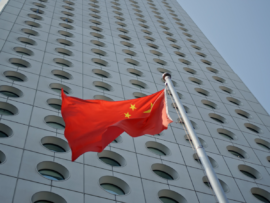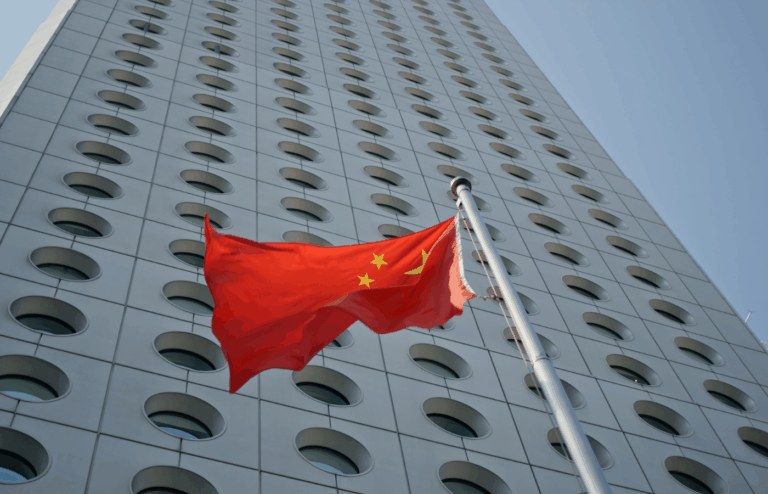
China is unveiling 10 national data pilot zones to boost growth in its $278 billion data sector and solidify its global leadership in AI.
The National Data Administration announced the plan this week, with state broadcaster CCTV reporting that local governments will be tasked with “nurturing data-related market entities and expanding the data market” to drive digital growth across key industries.
Beijing’s role as a data powerhouse
China’s National Data Administration, in collaboration with 16 government agencies, has announced plans to launch 10 new data pilot zones in Beijing, Zhejiang, Anhui, and other regions. These zones aim to double data transaction volumes and develop hundreds of AI-driven application scenarios by 2026, accelerating the country’s digital economy. Local governments will lead efforts to build data markets and infrastructure that link digital resources with traditional industries.
The sector’s market value has exceeded 2 trillion yuan, or around $278.4 billion, and is expected to reach 7.5 trillion yuan by 2030. This staggering growth highlights the immense economic opportunities driving the initiative.
Beijing plays a significant role in the strategy, managing over 700 billion data entries and implementing extensive governance standards. As the base for key national data institutions, the city serves as the main hub for data circulation and management nationwide.
With 80% of AI data centers unused, are China’s data zones at risk?
MIT Technology Review recently reported that up to 80% of China’s newly built AI data centers remain unused or underutilized, based on local sources Jiazi Guangnian and 36Kr. Between 2023 and 2024, more than 500 AI data center projects were launched, with at least 150 completed by the end of last year. Despite heavy government support and local efforts to establish AI hubs, many centers, especially in central and western parts of the country, struggle to attract clients and face demand shortfalls.
This large proportion of unused capacity brings up a key issue: Is China’s rapid buildout of new data zones aligned with market needs? The risk lies in overbuilding infrastructure without matching market demand, which could lead to wasted investments. RAND Corporation senior advisor Jimmy Goodrich told MIT Technology Review that in such cases, the government is likely to step in and reallocate underperforming assets, an effort that may help limit long-term damage.
China’s multi-pronged strategy to dominate global tech
China’s multi-layered, government-coordinated approach is propelling AI breakthroughs while strengthening its broader tech ambitions. The rollout of national data zones adds infrastructure muscle to an already aggressive push, combining industrial policy with localized support to activate new markets and applications.
Tech giants like Baidu and Huawei, as well as emerging players like DeepSeek, reveal China’s relentless strategy in commanding AI’s global trajectory.

